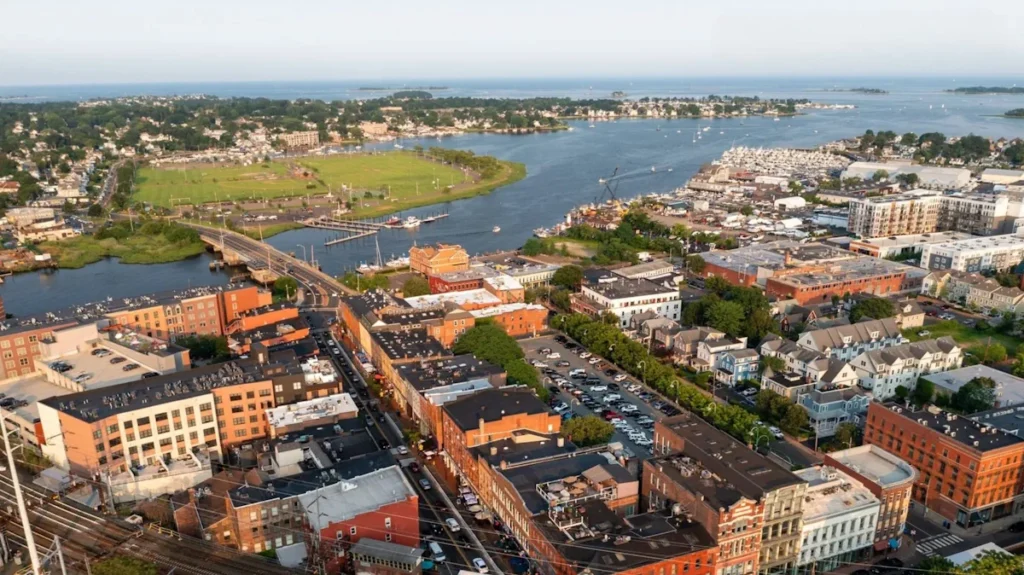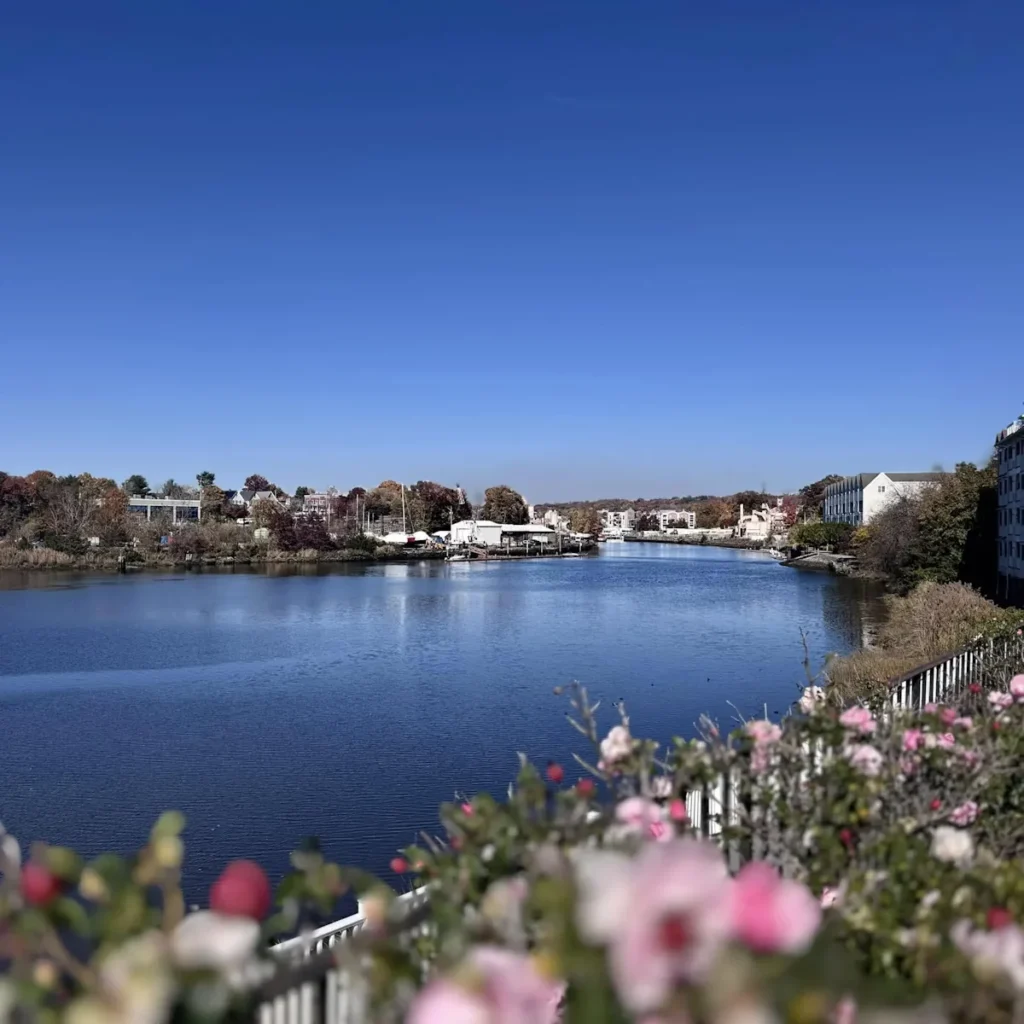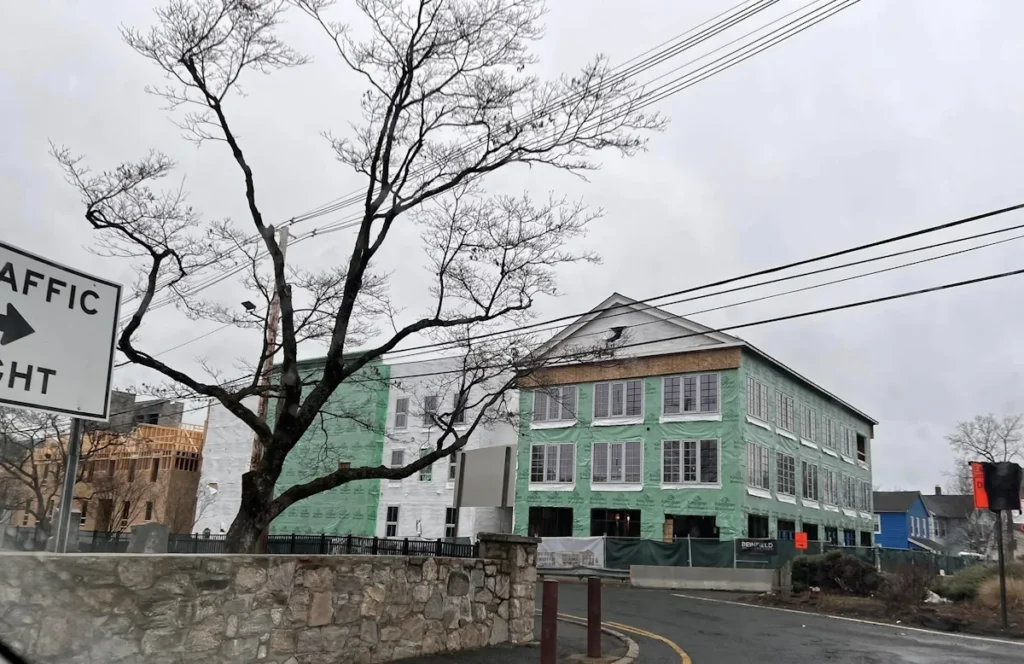April 22, 2025
Discover how Norwalk is advancing affordable housing through strategic planning, zoning reforms, and community collaboration. Learn about the City’s initiatives to create a more inclusive, livable, and equitable future.
Affordable housing is a cornerstone of Norwalk’s vision for a thriving, inclusive community. As the City continues to grow, it faces the challenge of ensuring housing remains accessible across all income levels. Through strategic planning, innovative policies, and community collaboration, Norwalk, Connecticut, is addressing these challenges head-on to create a more livable and equitable city.

Understanding Norwalk’s Affordable Housing Landscape
The City of Norwalk recognizes that housing affordability is critical for economic vitality and social equity. According to the City’s Affordable Housing Action Plan (AHAP), affordable housing is defined as units that cost no more than 30% of a household’s income. This definition underpins the City’s efforts to assess housing needs and implement solutions that benefit current and future residents.
To develop Norwalk’s AHAP, the City:
- Conducted a comprehensive inventory of existing housing stock.
- Analyzed affordability gaps and population trends.
- Projected medium and long-term housing needs.
- Developed strategies to safeguard affordability while promoting economic opportunities
- Implemented objective design standards to streamline approvals for housing projects.
- Expanded partnerships with nonprofit developers.
- Explored public land for housing and continuing to apply for state funding.
The planning process included several public participation opportunities, including interviews with local housing stakeholders, round table discussions with residents, housing needs webinars, and in-person events. In addition, the Affordable Housing Plan Advisory Committee held pop-up events at various city events and released a joint survey with the Norwalk Redevelopment Agency on housing.
This process also included a housing needs assessment, which played a crucial part in developing the recommendations and actions needed for Norwalk. This assessment was composed of extensive community input, as well as data analysis.

Recommendations of the AHAP were consolidated into four categories:
- Zoning and Land Use, such as revising zoning regulations
- Public Private Partnerships, such as constructing new affordable housing units through underutilized City-owned land
- Tax and Financing Innovations, such as a local tax incentive to facilitate affordable housing, like senior or condominium development.
- Federal and State Advocacy, such as lobbying to change barriers to unit types and expand affordable housing programs.
To learn more about action items, see pages 5-1 through 5-9 of the AHAP.
What Norwalk Has Already Started to Tackle
Norwalk has already taken meaningful steps toward increasing access to affordable housing.
For example, the Planning & Zoning Commission has approved amendments to the workforce housing regulations to allow two bedroom units to count as one and a half workforce units. This adds an incentive for developers to designate more two bedroom units, which was an identified demand in the needs assessment.
The Planning & Zoning Commission is also contemplating allowing recertified workforce households to increase their income up to 90% of the State Median Income (SMI), targeting households with incomes that may not qualify for market-rate or affordable units.
On the legislative front, the Planning & Zoning Department is working on three proposals, including:
- Lobbying for state legislation to promote construction of grocery stores that provide fresh produce and groceries to underserved communities through tax and zoning incentives. Access to food is an important resource in densely populated areas that are walkable.
- Lobbying for state legislation to allow various municipalities and the county government combined to take ownership of homes that are abandoned, blighted, or otherwise distressed and rehabilitate the structures. The buildings would be sold via a lottery system to a family earning no more than 80% of the county’s median income.
- Identifying and revising several state legislation items regarding condominiums and eliminating hurdles to homeownership.

The City’s Ad Hoc Affordable Housing Committee of the Common Council has been a very active group, preemptively pushing the action of the AHAP forward. In January, the Committee invited a guest speaker on Community Land Trusts to its meeting, and they plan to have a guest speaker in the future on tax incentives. Tentative guest speaker on tax incentives.
The Committee was instrumental in establishing the City’s Affordable Housing Account, which is to be used for the construction of affordable housing.
The City has also developed an “affordable housing tracker” that will help with administering and monitoring the process of all the action items in the AHAP. For more information about the affordable housing tracker, please contact the Planning and Zoning Office for questions.
What’s Next? A Vision for Inclusive Growth
In addition to tasks Norwalk has already kick-started, the next steps focus on expanding affordable housing options while fostering community engagement. The top five high-priority initiatives include:
- Continuing to expand inclusionary zoning provisions to further incentivize the development of affordable and moderate-income housing units, including two-bedroom and family-sized units, which are in high demand. Incentives could include increased density bonuses, increased maximum height, and financial incentives, such as fee waivers and tax abatements.
- Evaluating City parcels for potential affordability housing projects.
- Developing a program to preserve and update “naturally affordable” units in exchange for deed restricted affordable units.
- Evaluating an affordable housing property tax incentive for qualified affordable housing units.
- Advocating for more government funding for public and affordable housing.
The City recognizes that homeownership is a crucial component of long-term affordability, with several key goals in mind. These include exploring opportunities for new low-interest or forgivable loan programs to provide financial assistance for affordable housing developers, rehabilitating naturally affordable units, and providing financial assistance to first-time homebuyers who meet income eligibility guidelines.
The City is exploring “missing middle” housing—multi-unit dwellings like duplexes and townhomes that bridge the gap between single-family homes and large apartment complexes. These housing types are crucial for creating walkable neighborhoods and providing affordable options for middle-income residents.

Spotlight on Accessibility and Equity
Ensuring equitable access to affordable housing remains a top priority. The Fair Housing Advisory Commission plays an essential role in promoting transparency and inclusivity in all city-led initiatives. By addressing barriers related to race, disability, income, and family status, the commission helps build trust within the community.
The Norwalk Redevelopment Agency also supports this mission by utilizing grants that preserve naturally affordable housing units, ensuring long-term affordability for residents.
More Than Housing: Enhancing Livability, Workability, and Appeal
Norwalk’s housing strategy isn’t just about shelter—it’s about shaping the future of the City. The plan ties directly into larger equity and economic vitality goals by creating a diverse housing stock that accommodates the needs of its diverse population.
Norwalk’s approach aligns with its vision of becoming an inclusive, sustainable, and economically vibrant city. A diverse and affordable housing stock supports local employers, reduces commute times, and attracts a vibrant workforce, enhancing the City’s workability and visitor appeal.
From zoning to state-level advocacy, the City of Norwalk is positioning itself as a leader in comprehensive community development.
Building a Better Norwalk, Together
Norwalk’s journey toward affordable housing is far from over. The City invites residents to participate in shaping its future through forums and discussions, which anyone can attend here.
Together, we will build a Norwalk where everyone has the opportunity to thrive. Stay informed about upcoming initiatives by visiting Norwalk Tomorrow’s website and subscribing to our Newsletter.




